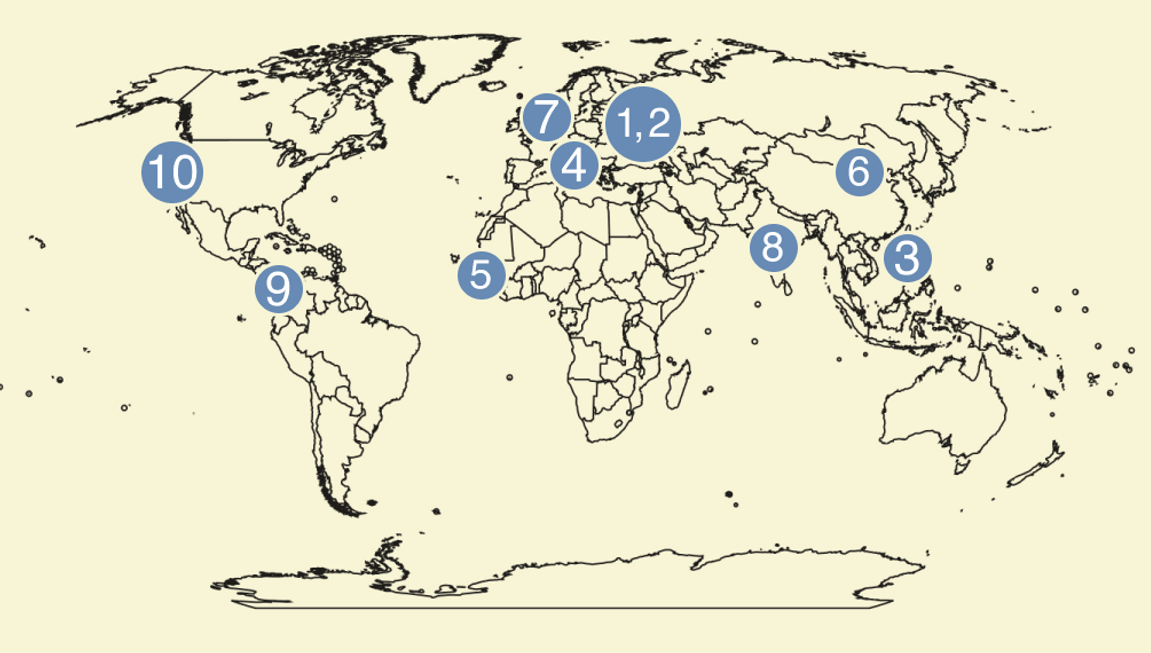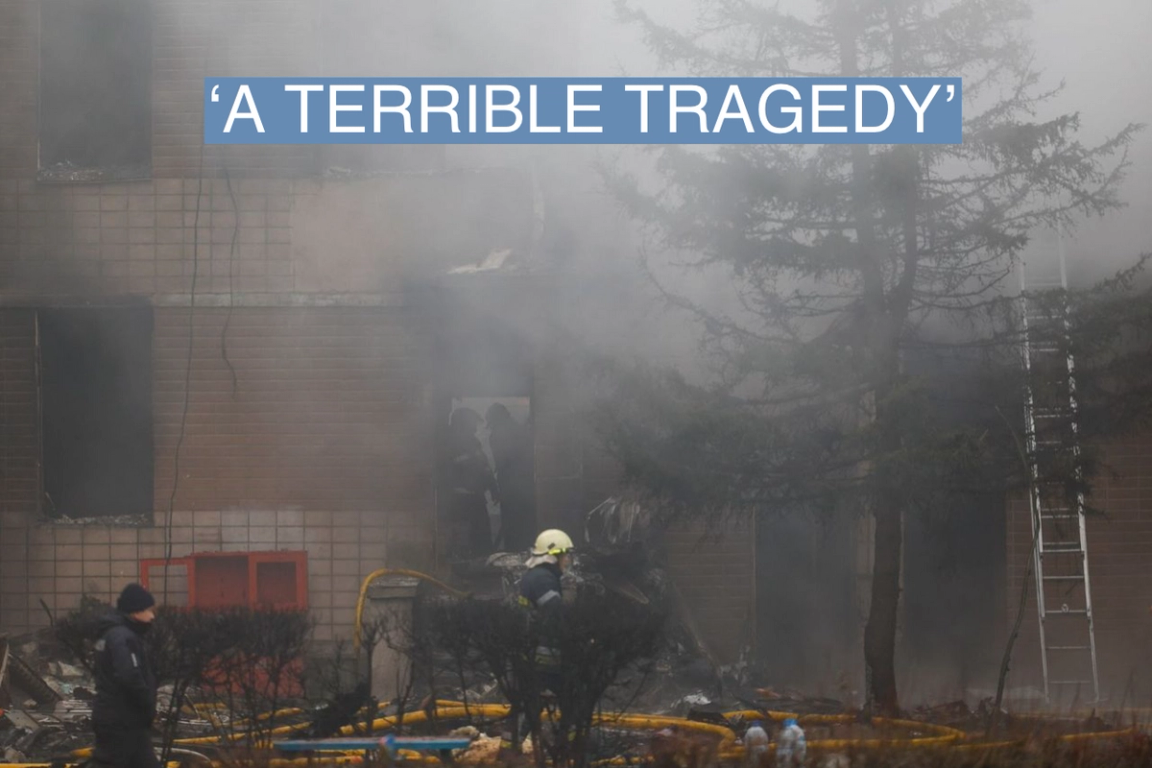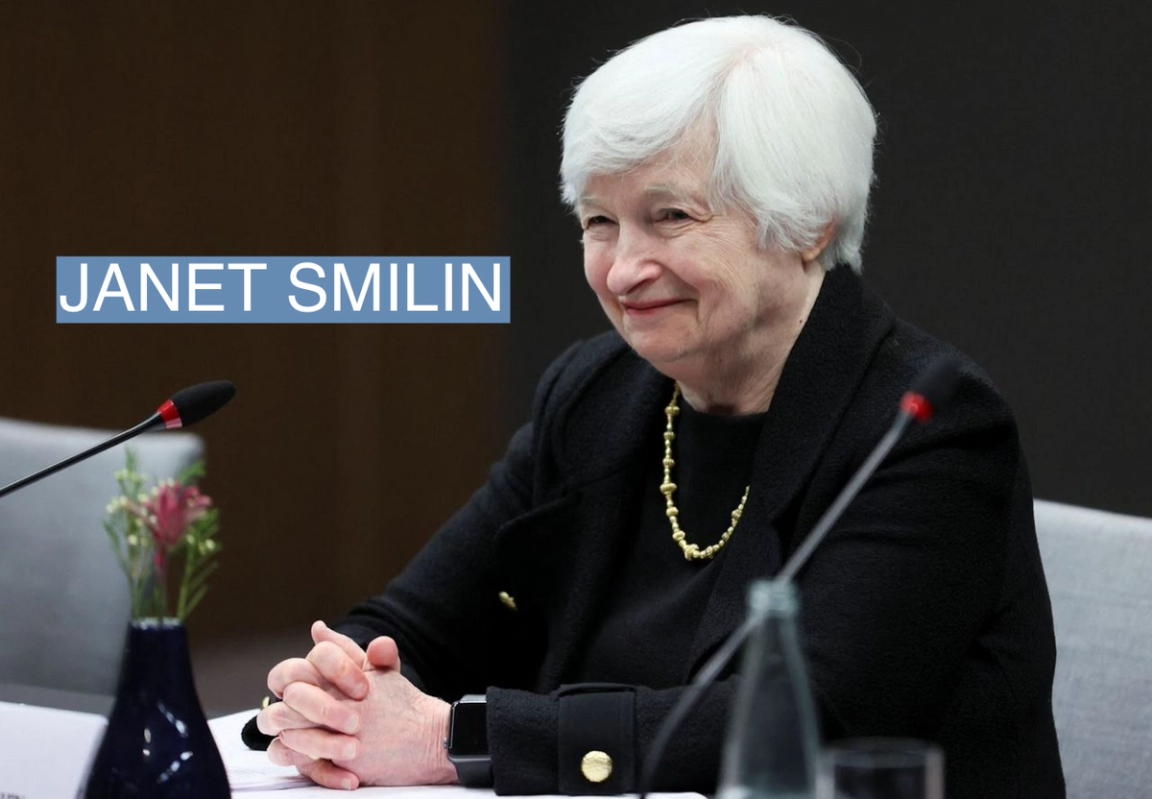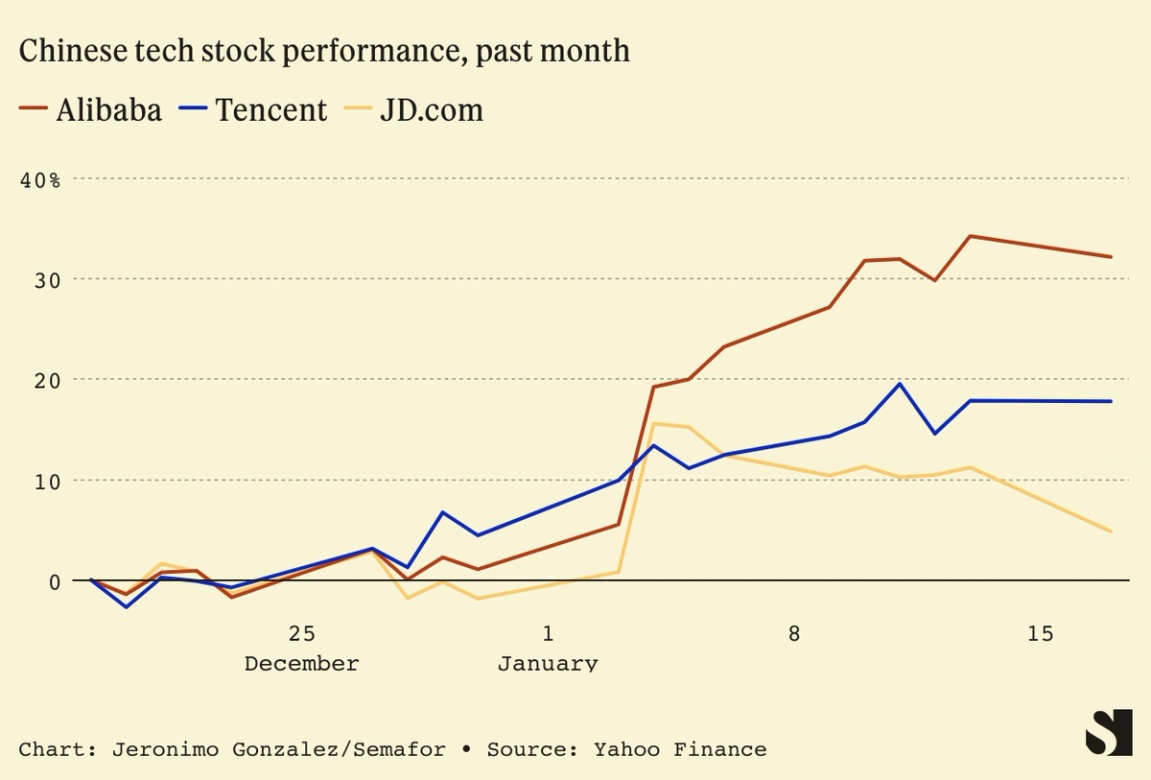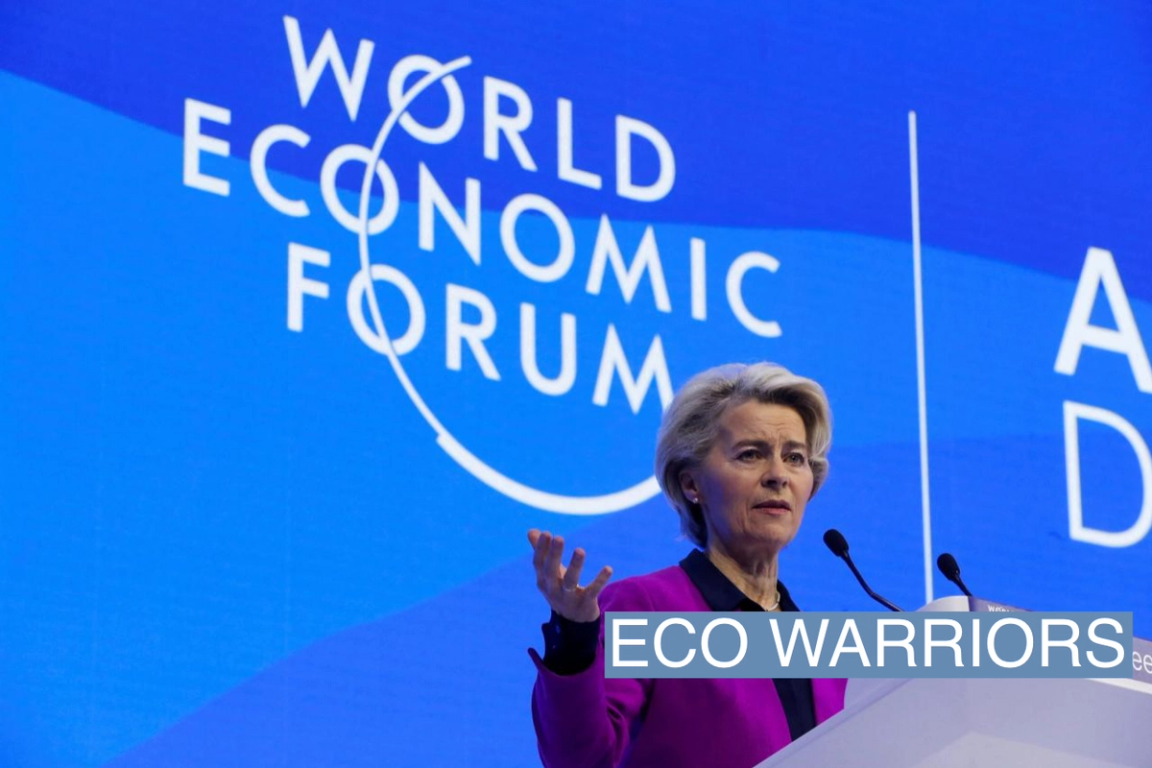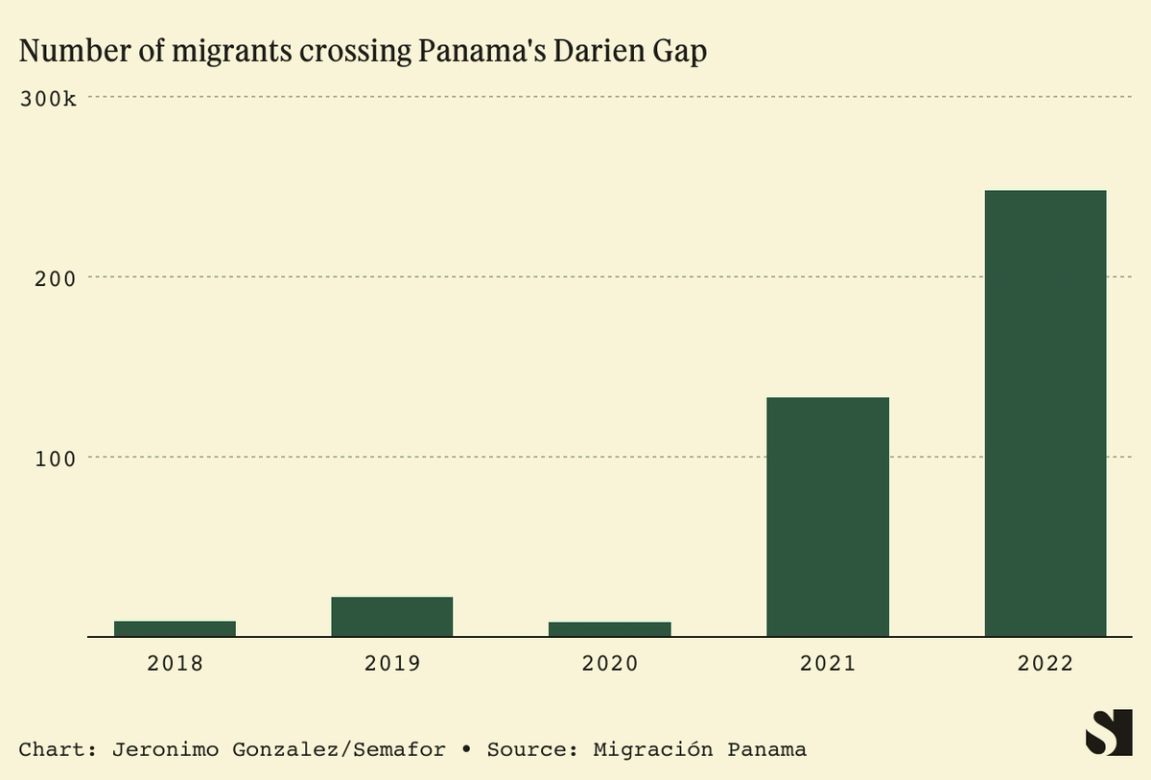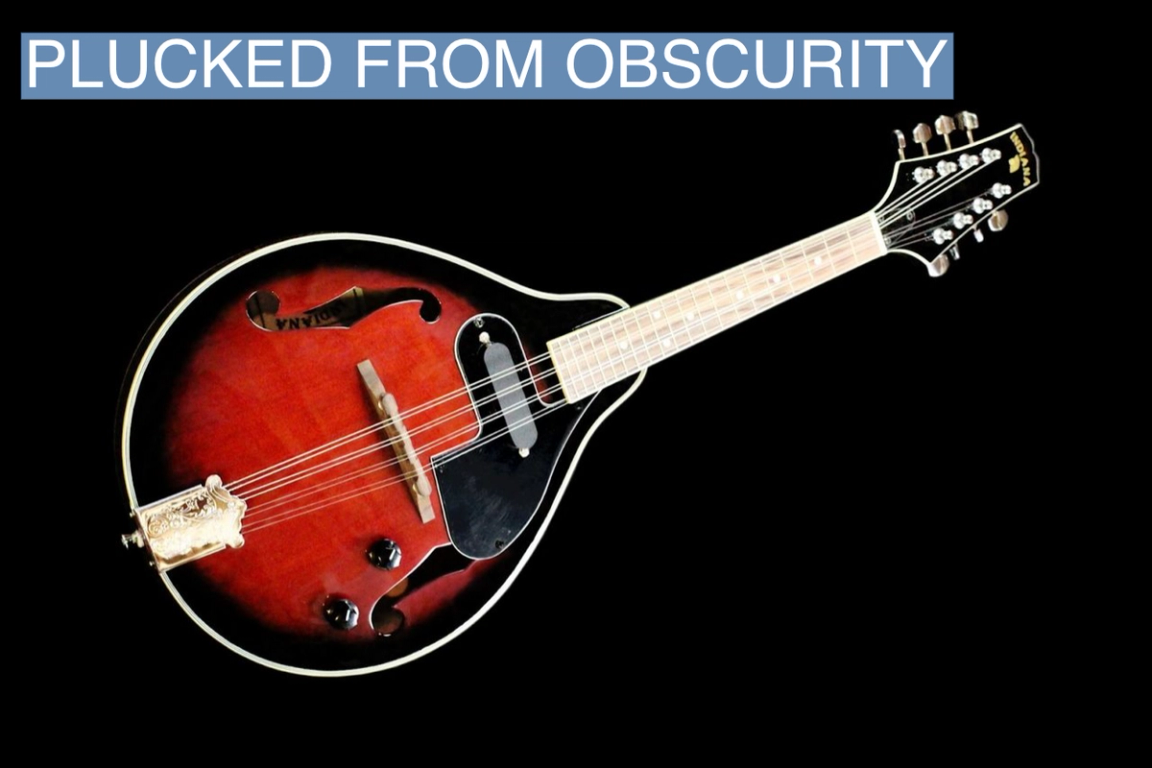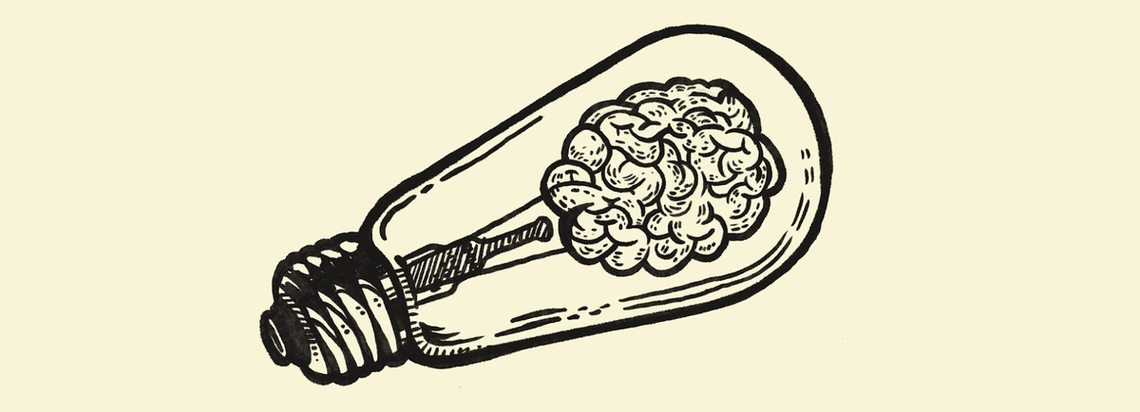 QAnon’s hold on its European followers is loosening, and they are instead turning their beliefs to a financial conspiracy dating from the 1990s. Data compiled by the open-source investigative outfit Bellingcat shows that social-media posts containing references to the GESARA conspiracy theory — founded on the notion that the global financial system will soon be reset, with huge amounts of money handed out to people across the globe, all debts erased, and low-value currencies revalued. The conspiracy theory, sometimes referred to as NESARA, has driven users to invest in Iraqi dinars and Zimbabwe dollars, in particular. The GESARA/NESARA theory is “especially recursive,” Bellingcat reported, with influencers heralding an imminent financial reset, only for deadlines to pass and new ones to be announced. Still, it is winning over followers. “NESARA is offering something that Q isn’t — hope that things will get better and that the good, oppressed people of the world will finally triumph over their globalist controllers,” the author of a book about QAnon told Bellingcat. |


